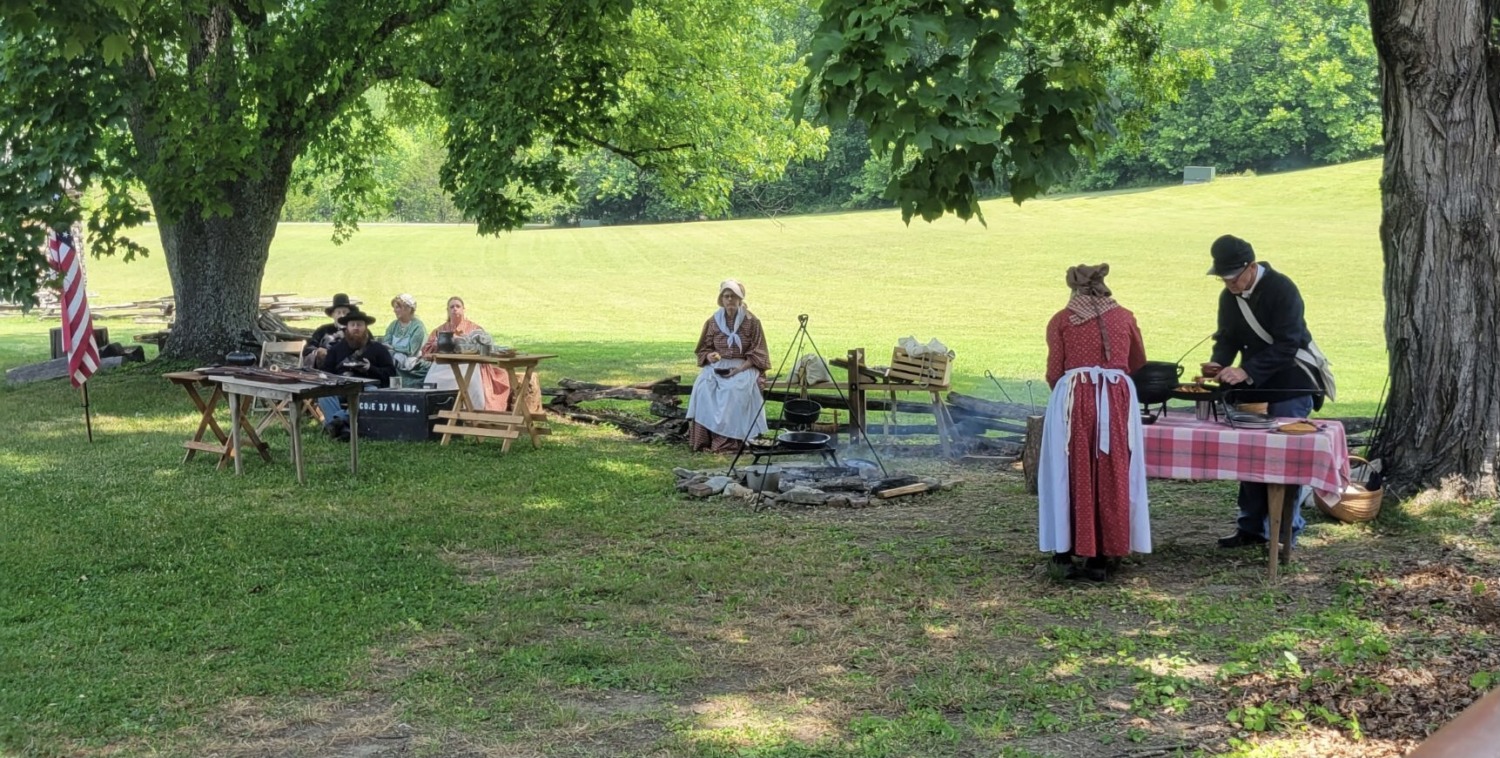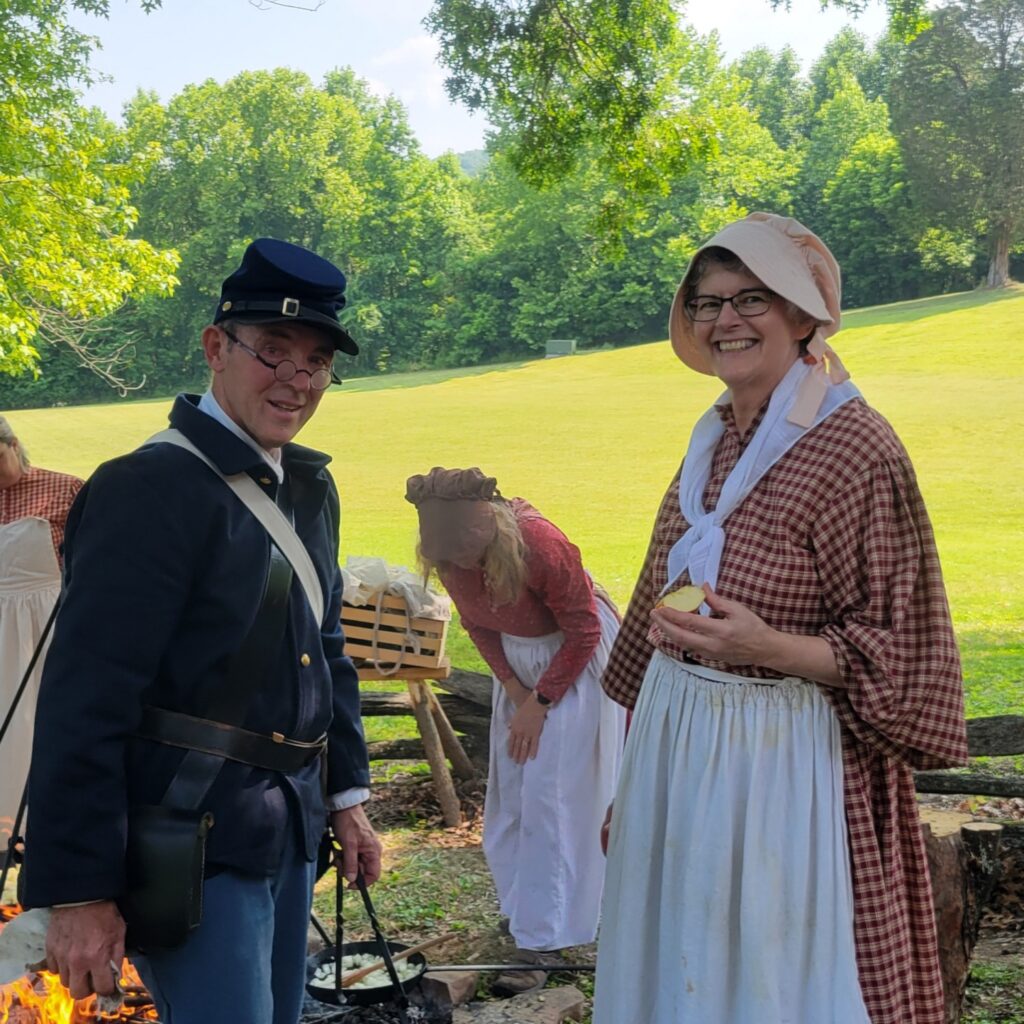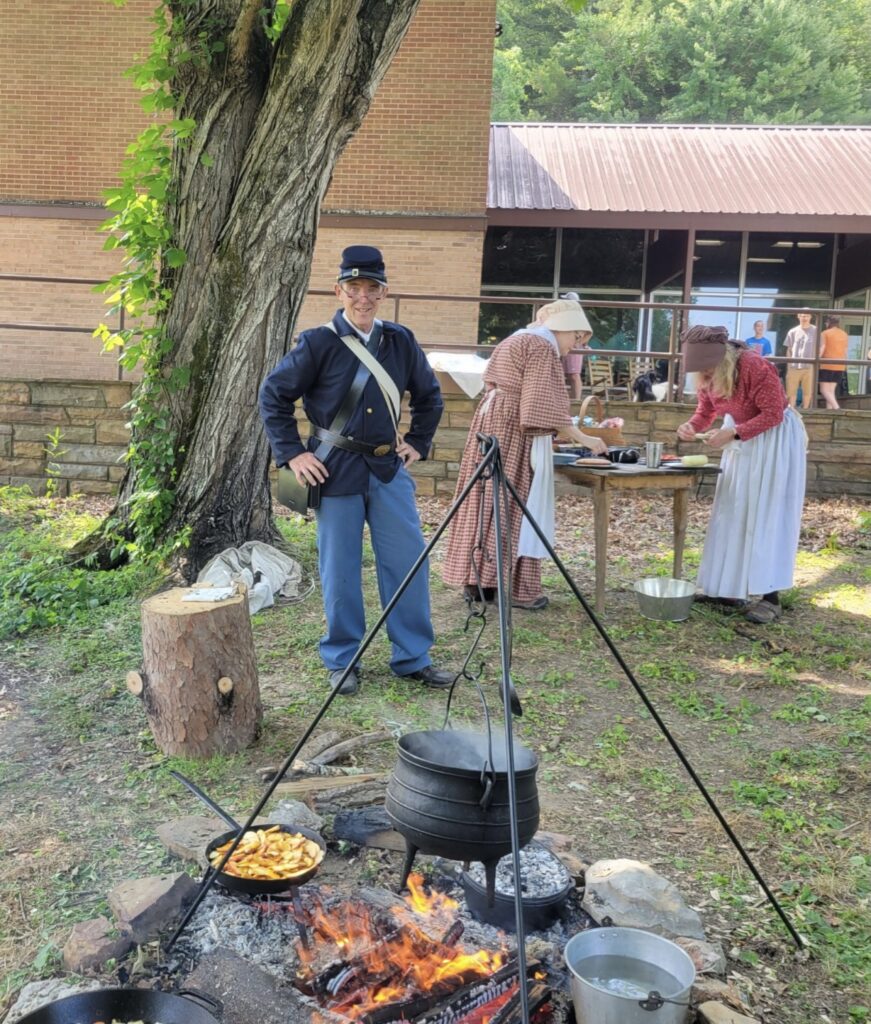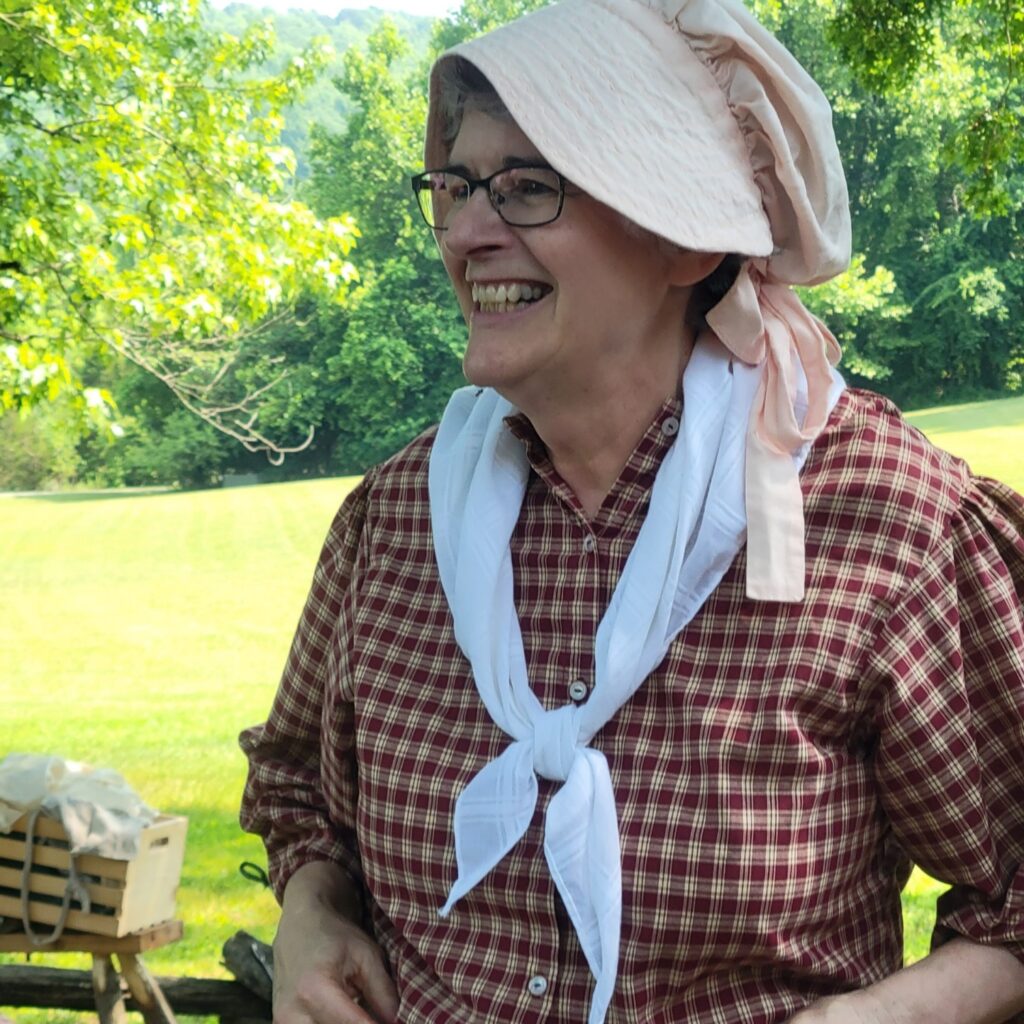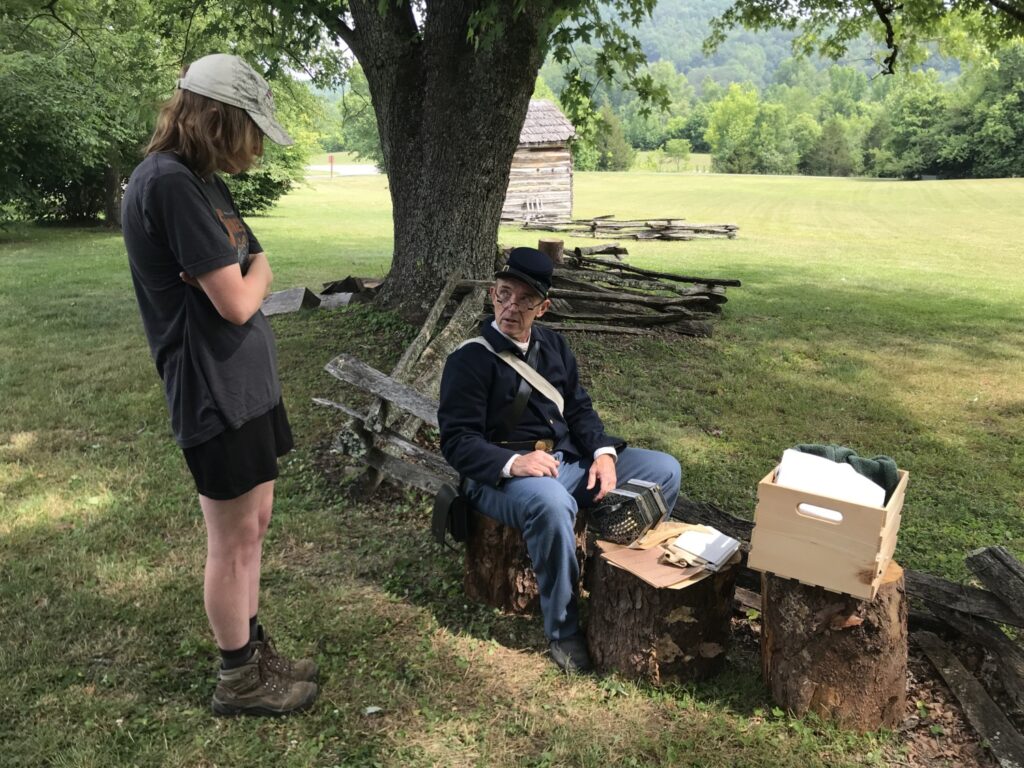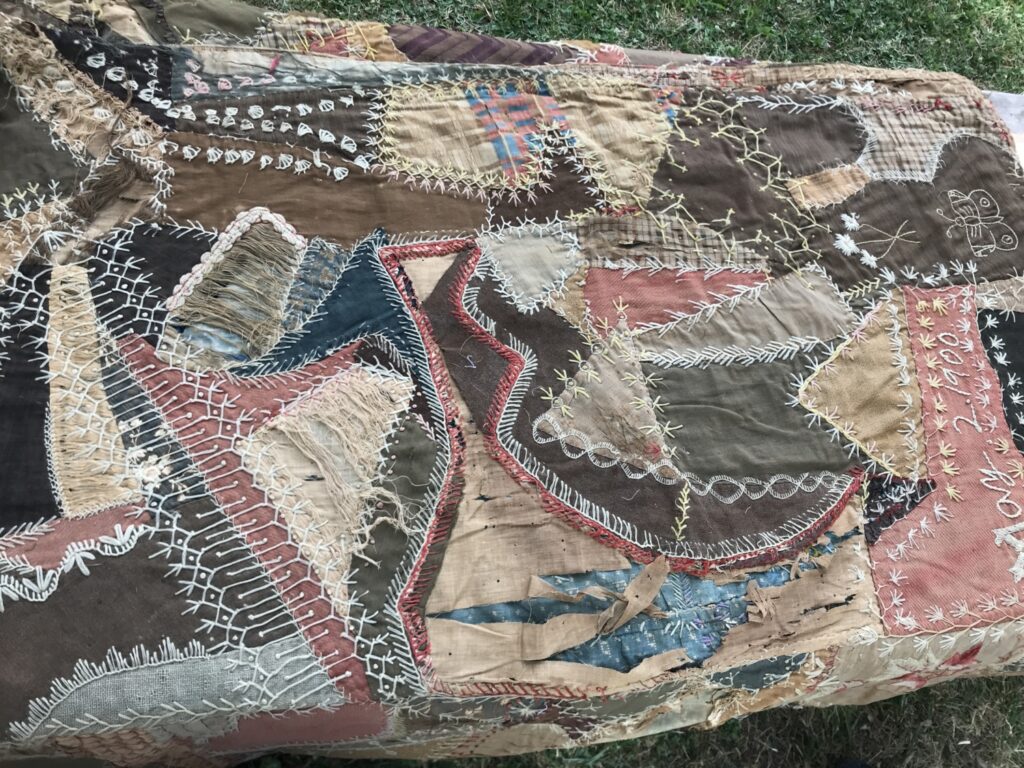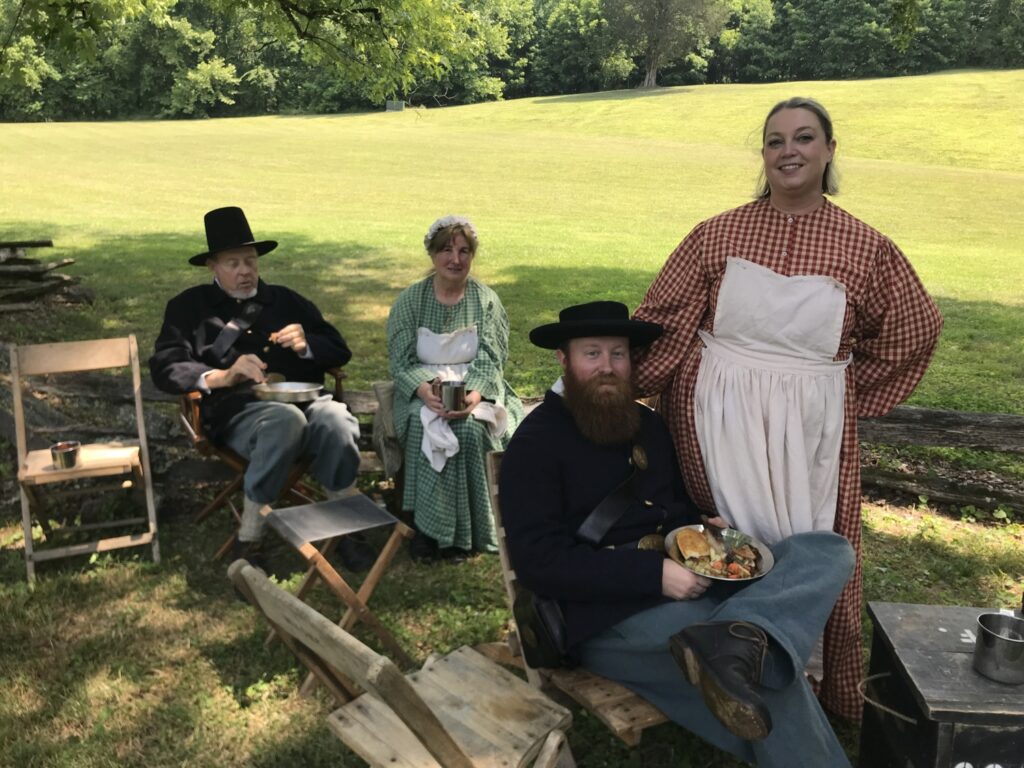We recently celebrated Juneteenth in a special living history event at Cumberland Gap National Historical Park. We had a great weekend being outside and interacting with visitors. For me, however, celebrating Juneteenth in Kentucky was a little problematic.
Juneteenth is a federal holiday commemorating the emancipation of enslaved African Americans. It is celebrated on the anniversary of the order by Major General Gordon Granger proclaiming freedom for enslaved people in Texas on June 19, 1865 (two and a half years after the Emancipation Proclamation was issued). Originating in Galveston, Juneteenth has since been observed annually in various parts of the United States, often broadly celebrating African-American culture. The day was recognized as a federal holiday in 2021.
I think having Juneteenth as a federal holiday is a great idea. We should celebrate the ending of slavery in the United States. But Kentucky did not free its slaves until December 6, 1865, when the 13th Amendment was ratified. In 1863 President Lincoln issued the Emancipation Proclamation declaring “all persons held as slaves within any State, or designated part of a State, the people whereof shall then be in rebellion against the United States, shall be then, thenceforward, and forever free.” Nonetheless, the Emancipation Proclamation did not end slavery in the nation since it only applied to areas of the Confederacy currently in a state of rebellion.
Kentucky was not included in the Emancipation Proclamation because it did not secede from the Union. Delaware was in the same situation. Tennessee was not included in the Proclamation because it was already occupied by Union troops, even though it had, initially, seceded. Parts of Virginia, all of West Virginia, and parts of Louisiana were also excluded. Although those states had enslaved people, none of them were freed by the Emancipation Proclamation. It is important to read the fine print in any legal document.
Kentucky did not free its slaves until six months after Juneteenth. In fact, the legislature of Kentucky refused to pass the 13th Amendment. They felt, since they had not seceded, that they should not have to free their enslaved people. The Kentucky legislature did not ratify the 13th Amendment until 1976.
Many enslaved people in Kentucky were freed in 1864 when enslaved men could join the Union army. Soldiers, their wives, and their children were free from the time of their enlistment. The Louisville Courier Journal tells the interesting story of an enslaved woman who wanted to know when she would be free. Upon learning that she could be free that day if she were married to a soldier, the woman picked out a soldier standing nearby and they were married that afternoon. She didn’t want to wait until an unknown someday to be free. Despite many enslaved men joining the army so they were free, Kentucky still had 65,000 enslaved people on December 6, 1865.
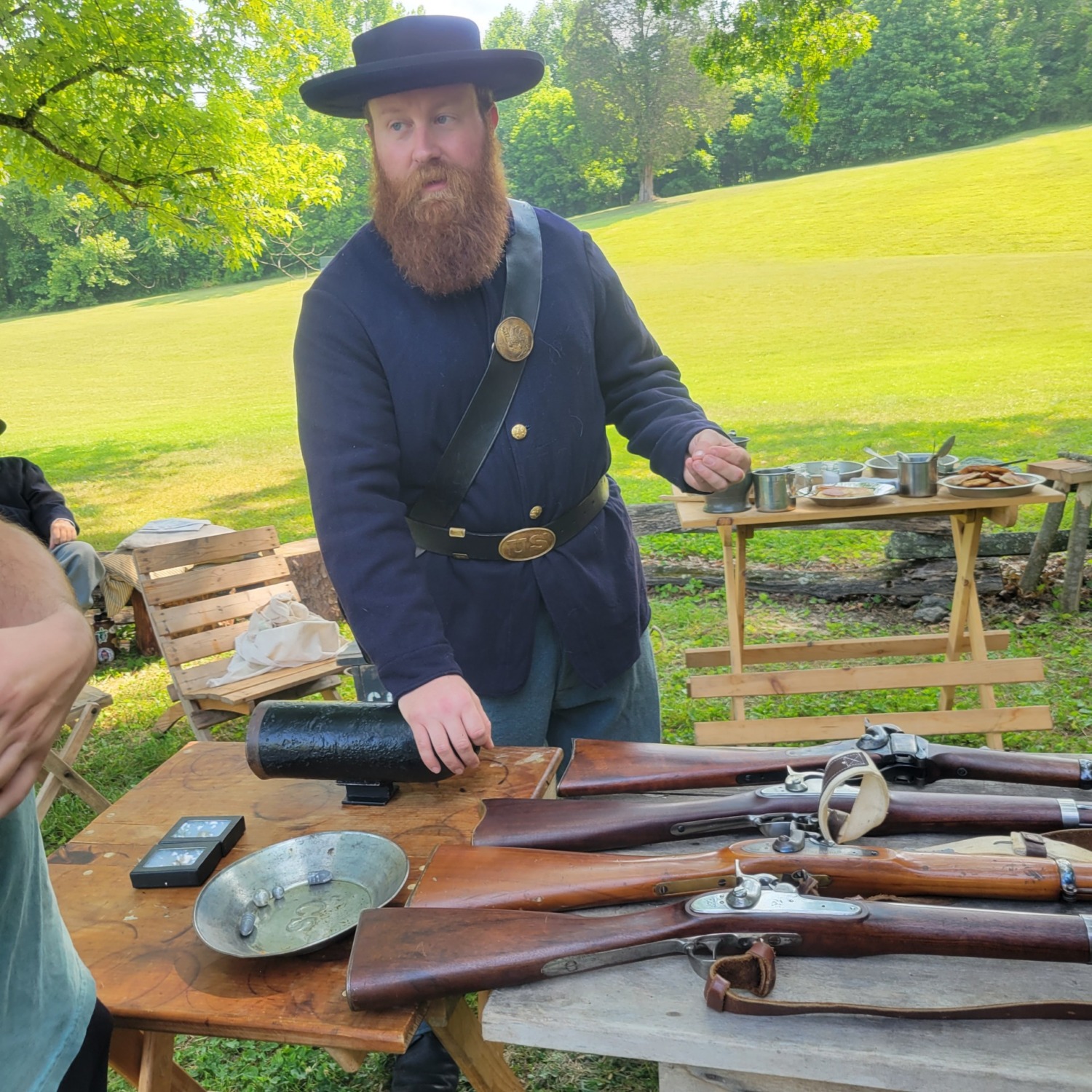
With that history in mind, we decided to call the Juneteenth celebration at Cumberland Gap “A celebration of the end of hostilities.” Cumberland Gap was still occupied by Union soldiers at the end of the Civil War. Many of them were local men who had remained in service to demilitarize the Gap. Their families would often come and spend a day with them.
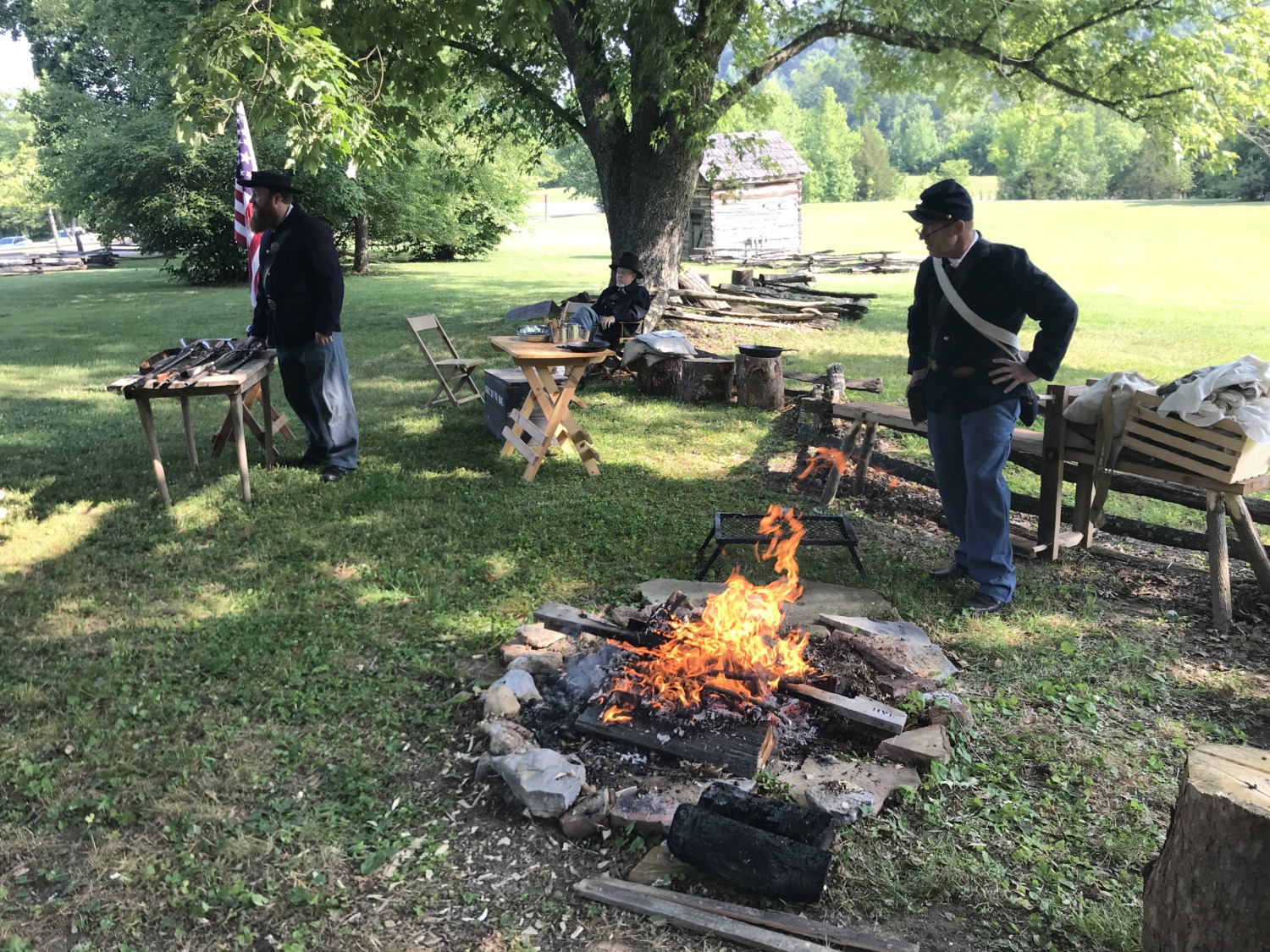
For our Celebration of the End of Hostilities, Ranger Lucas talked about the demilitarization and had a display of Civil War guns. Tom built and tended a huge fire for the women who were cooking. I cooked bean soup, cornbread, apple savory, and honey cake. Lorraine Wilder, Ranger Lucas’s mom, made fry pies, pork chops, and corn fritters. I made plenty so that all the staff and rangers could eat and they all enjoyed a prepared lunch.
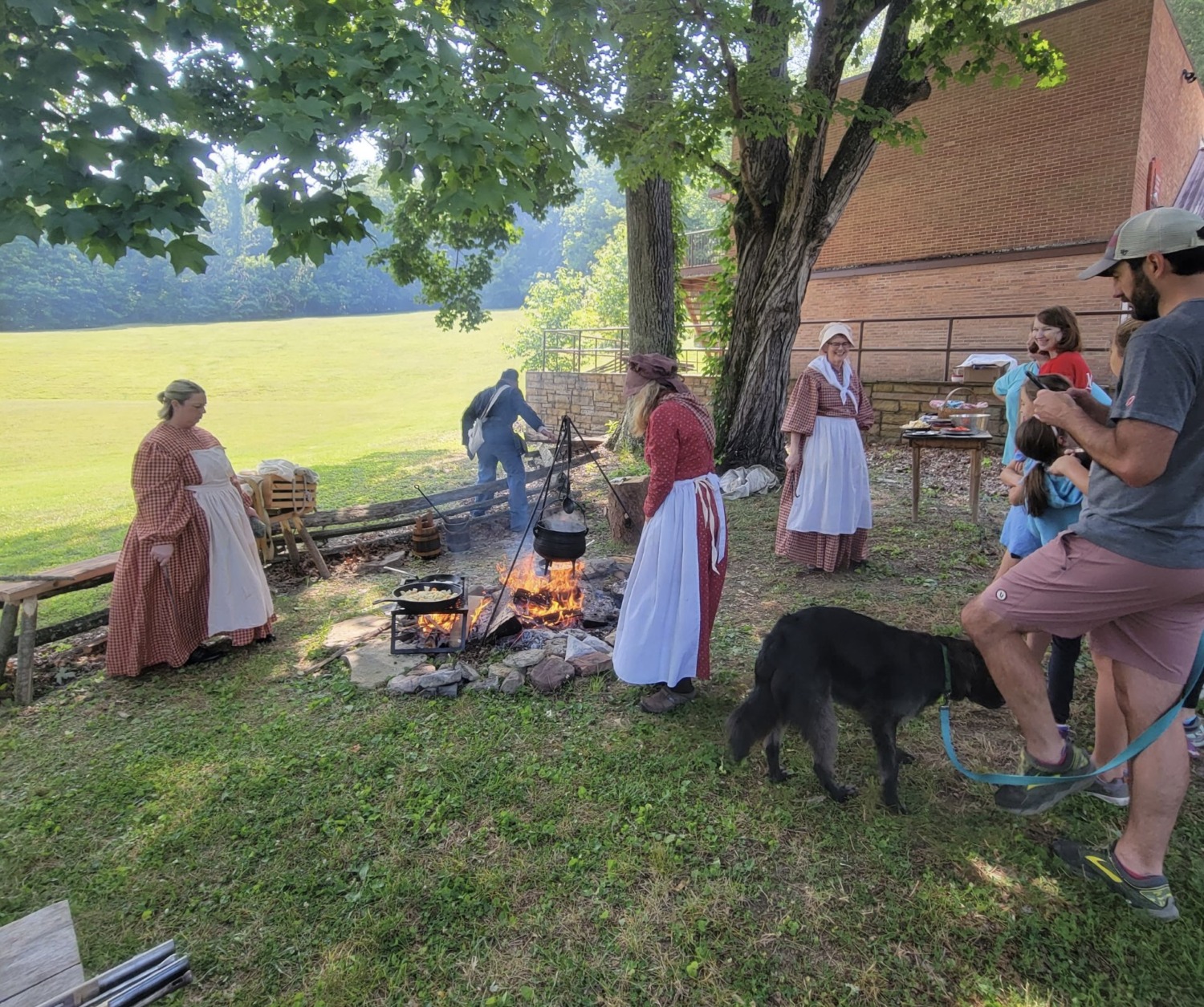
The second day of our celebration, I switched to quilting and a toy called a Buzzer Button. Ranger Lucas gave a cannon talk. Ranger Miriam, who belongs to a quilting guild, pulled out some historic quilts and talked about those. Tom played period appropriate songs on the concertina. Intern Rachel helped me with the Buzzer Buttons and she soon proved herself a champion at it. Once I saw her expertise, I had her demonstrate the game for anyone who came up. A Buzzer Button is a big button with a string loop threaded through it. When you twist and then pull the string it makes a buzzing noise. A lot of adults remembered playing it as a child.
The third day of our celebration, we were prepared to be outside once again, but it poured down rain all day. Tom played his concertina and I reverted back to my 1700’s textile talk. Because of the rain, it was a fairly slow day at the Visitors Center, despite the holiday.
We enjoyed our celebration weekend, even if the history was muddled. I was able to talk about Kentucky not freeing its slaves until December to a lot of visitors. Most of them assumed that Kentucky freed their slaves when the Emancipation Proclamation was issued. One of those footnotes in history that most of us skip in school.

